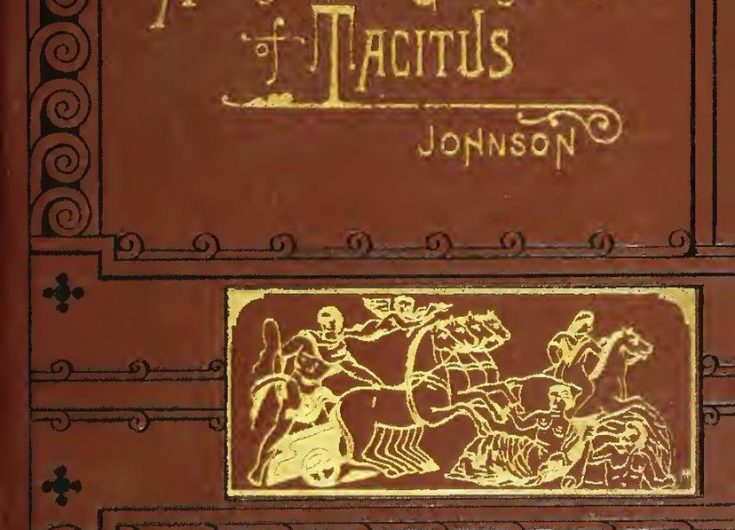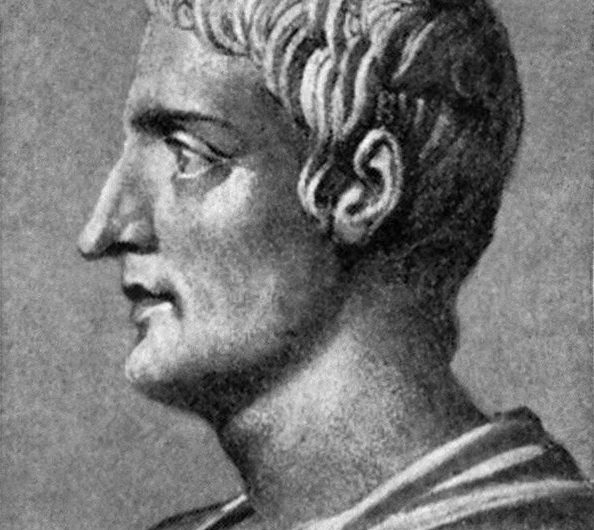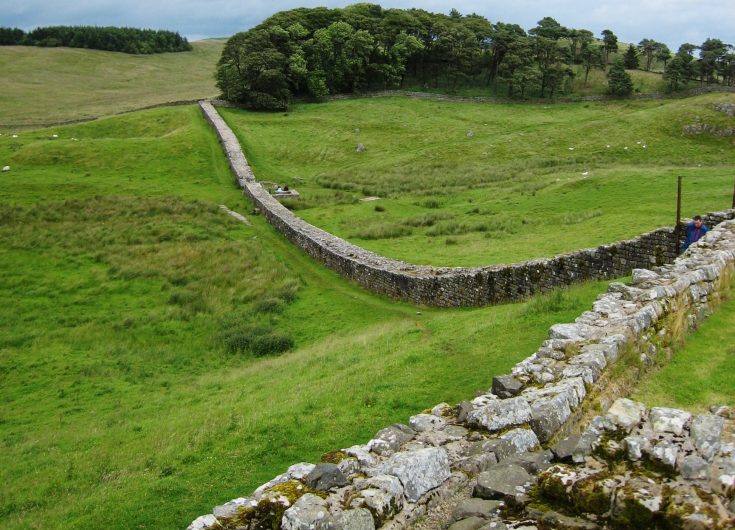

Tacitus, Agricola (circa 98 AD)
The Agricola (On the Life and Character of Julius Agricola) is a riveting read. A classic work crafted by the Roman politician and historian Cornelius Tacitus at the very end of the first century AD, modern students of strategy and diplomacy continue to find the account of Roman general and politician Agricola’s exploits in Britain timely and relevant. Part eulogy, part history, part anthropological study, and part military analysis, among other things, the short work explores diverse topics while ostensibly being Tacitus’s way of honoring his father-in-law. Three topics stand out – Agricola as a study of leadership, politics, and counterinsurgency strategy.



